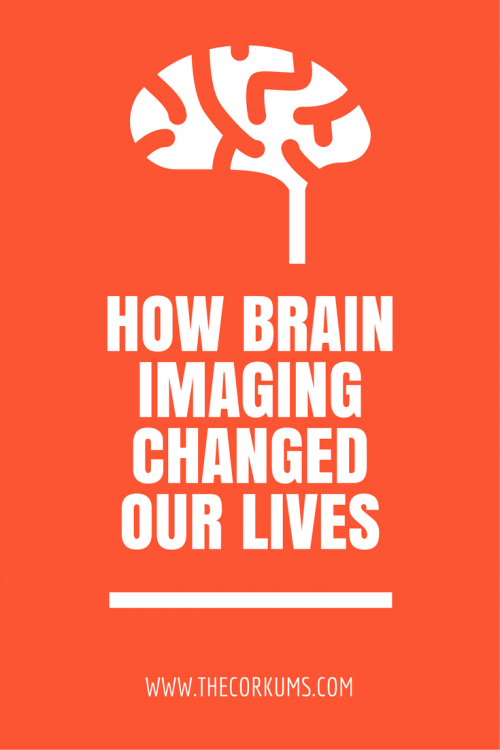If you haven’t read this post, start there.
So, we’re using brain imaging, now what? I think the most important impact brain imaging has had for us is mindset and expectations.
The most important impact brain imaging has had for us is mindset and expectations. #parenting Click To TweetWhen we were analyzing symptom sets before brain imaging, we were doing our best to conclude why things were happening, but his inconsistent symptoms made this feel like were aiming for a spastic, moving target. For Ty, he comes across very high functioning until he doesn’t. Because he could do things sometimes, we held him accountable to his highest level of performance all the time. If he had completed 25 addition problems with carrying flawless one day, then he was held accountable to that skill the next day, and when he couldn’t do it, I would dig my heels in, frustrated as all get out, and insist he could while he insisted he couldn’t. The same pattern would follow when he all the sudden couldn’t remember basic routines like getting ready for bed (changing clothes, brushing teeth, toileting) or failed to remember to use his fork when eating. We’ll not even mention the holes in critical thinking where he can’t recognize a comma across different fonts or can’t figure out to not wear the boots that make his feet hurt E.V.E.R.Y. T.I.M.E. he wears them. The frustration levels were palpable and we were not being successful connected parents.

Enter brain imaging. We learned that he has a significant deficiency in the brain wave frequency that is associated with critical thinking AND occasional spikes in brain activity that cause his brain to basically go offline for a moment and then not function at peak capacity for a recovery period.
I’ve talked about “can’ts” versus “won’ts” in kids before, and I’ll be the first to admit that giving them the benefit of the doubt is hard and goes against everything I believed about parenting before parenting kids from hard places. However, objective brain image data that explains all the quirky nuances of your child’s behavior can be a game changer.
Now instead of digging my heels in during math, if we hit a brick wall, I assume he’s having a brain activity spike, and we just put it away until the next day. If he continuously struggles with a specific concept, I think really hard about whether or not he’ll REALLY need it to function in life and decide if it’s worth getting hung up on or if we should just skip it.
We’ve learned to be proactive about avoiding his pitfalls. I assume he needs a lot of review and reminding…even about basic routines. In situations where impulse control will be an issue, I do my best to remove temptations.
Brain research also tells us that because we know exactly what is malfunctioning in his brain, we can use treatment modalities that can rehabilitate it, so we’ve been doing regular neurofeedback to help awaken those missing brain wave frequencies and banish those spikes.
Lest you think, it’s all sunshine and roses now, it’s not. While my head knows how to steer the expectations ship, it’s a slow-moving vessel. Also, what my head is telling me to do takes lots of energy, patience, and did I mention energy? Plus, rehabilitating the brain is slow work that requires a lot of therapy appointments which take more time and energy. That just means that we definitely have days that are better than others.
To an outsider, the way we structure his life may seem silly, extreme, and unnecessary, but it’s what works for him.
Lastly, a word about diagnosing. If a diagnosis will get you better services at school or through your county or convince your insurance carrier to cover treatment, go for it. In some cases a diagnoses may also serve to protect your child when he becomes an adult and still has his troubled brain. However, for day-to-day living, I’d much rather know exactly what is going on in his brain so I can work at the source rather than throw darts at symptom clusters.